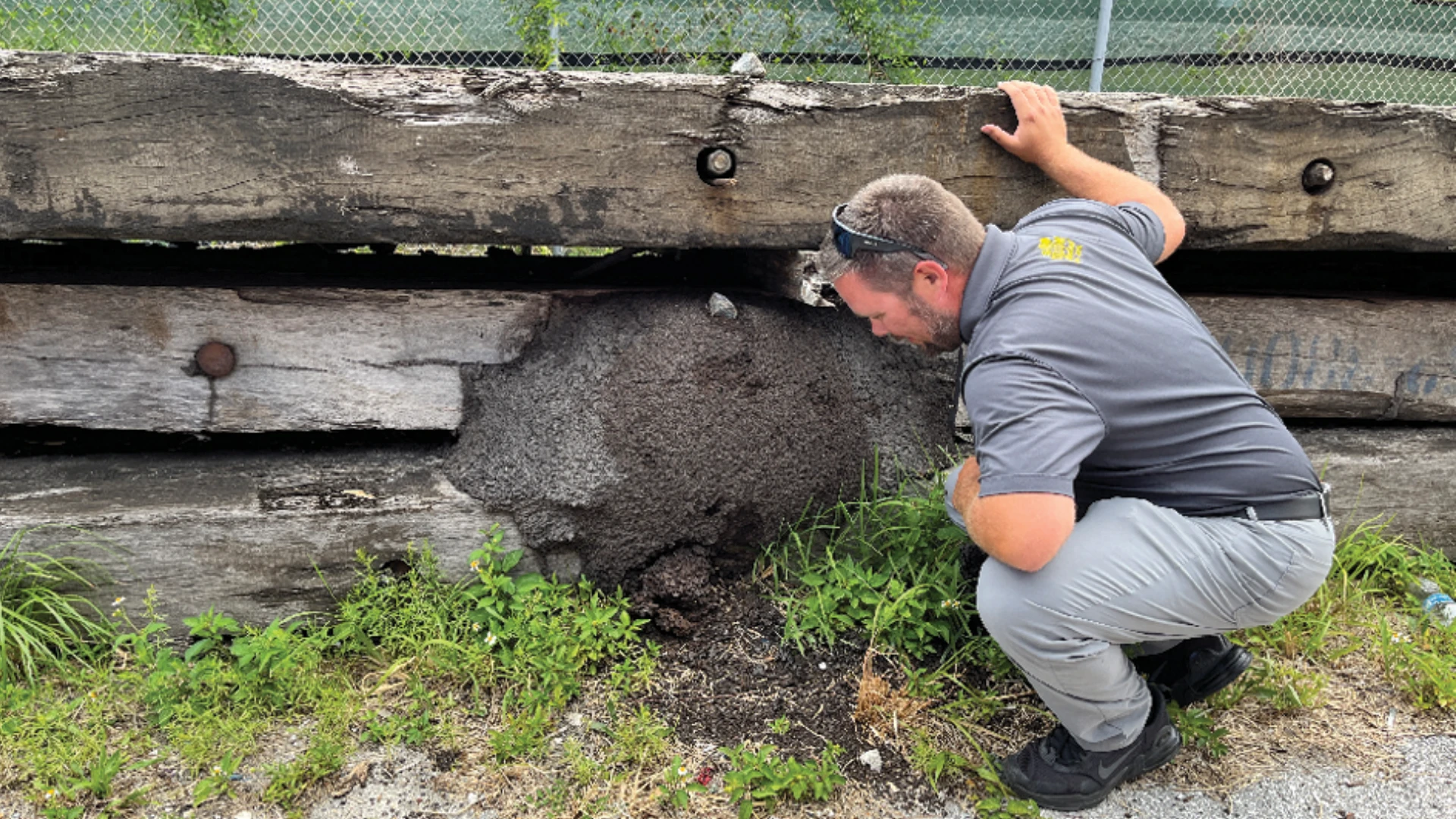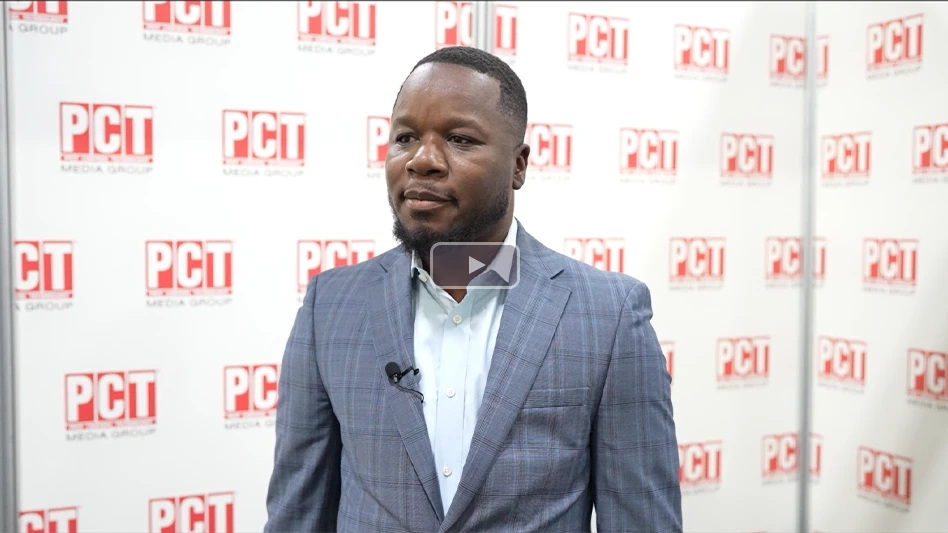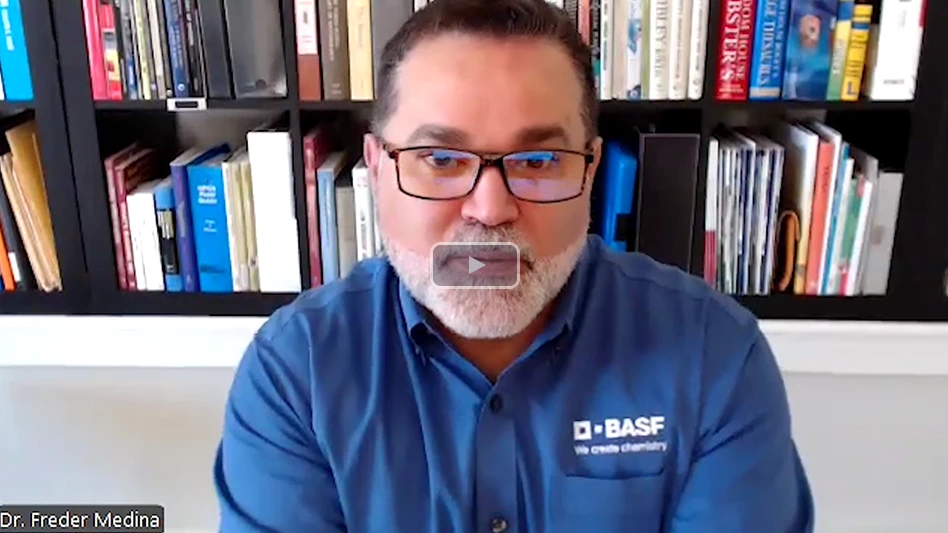It has been interesting to watch our legislative process over the past year and to see what the Congressional priorities are. It becomes readily apparent that the priorities are based on money and lobbyists, not conscience and what is right.
It astounds me that during this legislative session nothing has been done to stop the proliferation of weapons in our society and schools. How many more children will have to die before something is done to limit accessibility to weapons and find a way to prevent mass killings in schools? Federal and state legislatures repeatedly have failed to take a stand on this issue. This may be because many of their constituents are gun owners and the NRA is one of the strongest lobbies in the country.
Another issue our legislatures have failed to act on is the accessibility of tobacco products to children. We have laws to prevent the sale of alcohol to minors (younger than 21) yet there is no law that would prevent the sale of tobacco products to underage children. Tobacco products have been found to cause significant health problems and death in adults. Despite these undisputed adverse health effects, legislatures have been unwilling to take a stand. Perhaps this is because the economy of several states thrives on tobacco and the tobacco industry can put billions of dollars into their lobbying efforts.
These are two major issues that have had a significant impact on the lives and health of children and our jellyfish (spineless) legislators can not get their act together. What does all this have to do with structural pest management?
PEST CONTROL ISSUES. The same legislatures that have ignored these major health threats to children find backdoor ways to legislate IPM in schools, supposedly to protect children from unnecessary chemical exposures. It makes me want to scream — what’s wrong with this picture?
I guess the answer is legislatures don’t want to do anything about guns and tobacco in schools because that may offend some of their lobbyist friends and cut the money supply. At least by going after pesticides in the schools it looks like they are doing something to protect children. What legislators don’t appreciate is that few pesticides are used in schools and parents (voters) for the most part are more concerned about the pests in their children’s schools than they are about the products used to get rid of them.
During the past several years I’ve had the opportunity to work on the development of school IPM programs in several states. During this process I have discovered that schools have few pest problems and very few pesticides are being applied in the schools. The following is a list of significant observations and what could be done (non-legislatively) to fix them:
Findings: Scheduled spraying, typically once per month, is commonplace with in-house and contract pest management services. However, treatments usually focus on critical areas, such as cafeterias, lounges, locker rooms and restrooms. Reportedly most applications are made after school hours. Some schools demand spraying — there is still the misconception that spraying is keeping the pests suppressed, when the major factor is cleaning and minimizing clutter.
Recommendations: Replace scheduled spraying with inspection and monitoring. Treat on as needed basis. Do not let tradition dictate pest management practices.
Findings: Log books and pest sighting logs are seldom used. Rarely are there records documenting pesticide use.
Recommendations: Maintain log books and pest-sighting logs in a centralized pest management coordinator’s office. In-house and pest management contractors should maintain pesticide-use records. Perhaps if records were maintained the pesticide use in the schools would be less controversial because there is little pesticide use in schools.
Findings: Most in-house and contract structural pest management personnel applying pesticides in buildings have received some training in pest management. In-house personnel treating turf areas for weeds and vegetation control typically have not received training.
Recommendations: All personnel applying pesticides in and around schools should meet state requirements for application of pesticides.
Findings: Contracts for pest management services are general and do not adequately reflect current pest management practices. Specific performance practices expected of the contractor are not detailed in the contracts.
Recommendations: Contract language should be updated to reflect current management practices and products. Contracts should be very specific with regard to products, product use, qualifications of the contractor, time to provide services and record keeping.
Findings: Misuse of pesticides is rare. Faculty, staff, students and parents rarely express concern about the use of pesticides in schools. Their greatest concern is about the pests that are found in the schools, such as mice, ants, flies and cockroaches.
Recommendations: There is no need to notify every parent in a school about a pesticide application, only those who indicate a desire to be notified. Risk of exposure can be minimized by the proper selection of products and by making the application when students, faculty and staff are not present.
With regard to pest management in schools, our industry needs to:
• Use reduced risk pest management strategies to the maximum extent possible.
• Be involved in the legislative process and support legislators who favor responsible pesticide legislation.
• Maintain detailed records of pesticide use in sensitive accounts, including schools.
The author is technical director of American Pest Management, Takoma Park, Md. He can be reached at rkramer@pctonline.com or 301/891-2600.

Explore the May 2000 Issue
Check out more from this issue and find your next story to read.
Latest from Pest Control Technology
- The Evolving World of Electronic Rodent Monitoring
- Back-to-basics Approach for Cockroach Control
- PPMA Encourages PMPs to Take Part in Termite Awareness Week
- Moneypenny is a Provider of Virtual Receptionists
- Video: Top 10 PCT Photo Contest Finalists
- Massey Services Expands with Southeast Commercial Region
- Pest Management Foundation Announces Kevin J. Burns Scholarship
- How to Identify Clover Mites





